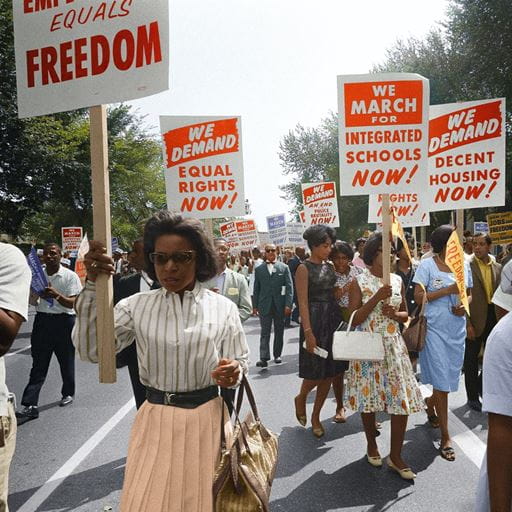Interactive workshop (2-3 hours) for 15-20 students
Every film starts with the conception of an idea. Filmmakers often seek for extravagant stories and characters that have nothing to do with their own lives and experiences, having the expectation that those will be interesting to audiences. However, those are difficult to relate to and understand, therefore failing to have significant impact to viewers. Instead, filmmakers searching for creative ideas may look closer to and observe their everyday life where they can identify details – often unnoticed – that can spark engaging fictional and non-fictional stories. Such approach to filmmaking, allows audiences and filmmakers to reflect on all aspects of their lives, realise the impact of small decisions in someone’s life, and increase their empathy to others. This interactive filmmaking session will illustrate the fundamentals of this approach as well as of the filmmaking process in general.
During the session students will be given a brief to produce a film in groups using their smartphones. They will be asked to choose an object they carry everyday with them at school (e.g. pencil, eraser, cup, bag, book etc) and develop a story/film about that object. Each group will be given a specific genre/mood to work on (e.g. comedy, action, drama, etc.) All students will have to work within certain restrictions and limitations – e.g. no dialogue, 1 minute running time.
This interactive session will allow students to understand the main stages of film production; learn about basic concepts and techniques in scriptwriting, cinematography, production design, editing; and recognise the importance of observation of daily life in filmmaking.
Content Structure Breakdown: Main stages of film production; The conception of an idea; Students are given the brief to start working on their films. In between the different stages of the development of their films, there is discussion on filmmaking techniques (e.g. cinematography, production design, editing, etc) and how those support the expression of story and themes.
Book an academic workshop with Department of Literature, Film, and Theatre Studies





Social reform in 1890-1920 United States
The years between 1890 and 1920 saw huge changes in the United States. Social reform altered the face of the country, with impacts lasting to this very day.
This taster session introduces students to the key events which shaped that social reform, including changes to labour and education across the country.
Students will identify links between these reforms and the rights-based movements in the ensuing decades, discussing the contributions that grassroots campaigners have made throughout this period of history.
Book an academic workshop with us